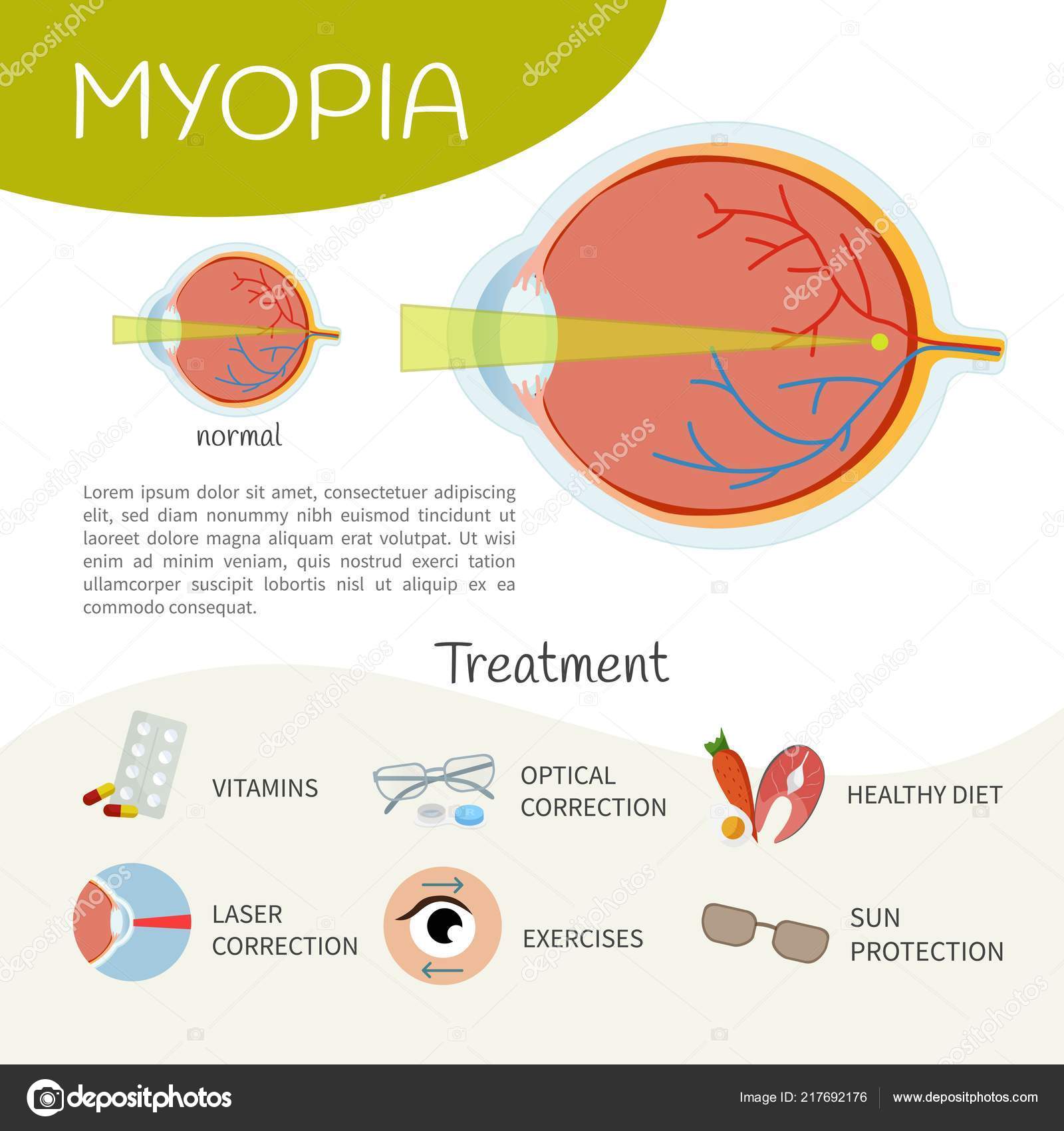You might have heard different myths regarding LASIK surgical treatment that have made you hesitant about considering it as an option for vision Correction. Nevertheless, it's time to set the record straight and unmask these misconceptions. From issues regarding pain throughout the treatment to eligibility requirements, comprehending the reality behind these myths is important for making a notified decision about LASIK. So, before you disregard the concept of LASIK based upon typical mistaken beliefs, let's address these myths one at a time to offer you with the clearness you require to move forward with self-confidence.
Myths Concerning LASIK Discomfort
Unlike common belief, LASIK surgery isn't as excruciating as lots of people assume. The procedure itself is fairly fast and painless. You might really feel some stress or discomfort throughout the surgical treatment, yet it's generally marginal. The surgeon will use numbing eye goes down to make certain that you don't feel any type of pain throughout the process.
While it's normal to experience some dry skin, itchiness, or moderate pain in the hours following the surgical procedure, this can normally be managed with non-prescription pain medicine and eye decreases. It's important to follow your physician's post-operative care instructions to decrease any discomfort and advertise appropriate recovery.
Bear in mind that every person's pain tolerance is different, so what someone might refer to as awkward may be entirely tolerable for another. Rest assured that LASIK pain is typically not a major issue and shouldn't discourage you from considering this life-changing treatment.
Dangers Related To LASIK
Several individuals undergoing LASIK surgery are mainly concerned concerning potential risks associated with the procedure. While LASIK is a safe and efficient therapy for vision Correction, like any operation, it does come with some dangers.
One of the most typical threats connected with LASIK consist of dry eyes, glow, halos, and difficulty driving at evening in the immediate postoperative duration. These signs are normally short-lived and improve as the eyes recover.
In uncommon situations, even more major issues such as infection, corneal flap concerns, and vision loss can occur, yet the chance of these problems is incredibly reduced when the surgical treatment is executed by a competent and skilled eye doctor. It is necessary to go over these risks with your doctor during the examination to ensure you have a clear understanding of what to expect.
Eligibility Misconceptions
Some people incorrectly think that just individuals with extreme vision issues are qualified for LASIK surgical treatment. Nevertheless, this is a common misunderstanding. While LASIK is commonly connected with treating high levels of nearsightedness, farsightedness, and astigmatism, individuals with milder vision issues can also be eligible candidates. As a matter of fact, innovations in LASIK modern technology have broadened the variety of treatable prescriptions, permitting more people to gain from the procedure.
LASIK qualification is figured out through a thorough eye examination by a certified ophthalmologist. LASIK Videos as corneal thickness, eye health, and total medical history play an essential function in assessing a person's suitability for the surgical treatment.
Even cataract surgery versus phacoemulsification over 40, who may have presbyopia (age-related trouble focusing on close objects), can possibly undertake LASIK or various other vision Correction procedures.
It is essential not to self-diagnose your qualification for LASIK surgical procedure. Consulting with a seasoned eye care professional is the very best means to identify if you're a suitable candidate for this life-altering treatment.
Verdict
To conclude, LASIK surgical procedure misconceptions often develop unneeded concerns, but the reality is that the treatment is not uncomfortable, risks are minimal, and qualification is identified via an extensive eye evaluation. By debunking these typical misconceptions, you can make an educated decision regarding LASIK surgery and possibly boost your vision without unnecessary concern. Keep in mind to seek advice from an eye care specialist for personalized recommendations and assistance.
